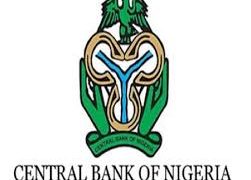The recent introduction of a 0.5 percent cybersecurity levy by the Central Bank of Nigeria has sparked controversy among Nigerians.
In a notice to all banks, the Central Bank directed them to deduct and remit a 0.5 percent levy on all electronic transactions in accordance with the Cybercrimes (Prohibition, Prevention, etc.) (Amendment) Act, 2024.
Here are key points to understand about the new legislation:
1. The levy amounts to 0.5 percent on electronic transactions, not 0.005 percent.
2. It applies to all Banks, Other Financial Institutions, and payment service providers.
3. The levy is to be remitted to the National Cybersecurity Fund (NCF), managed by the Office of the National Security Adviser (ONSA).
This means that users of electronic banking channels in Nigeria will face a 0.5 percent charge per transaction. For example, a transaction of N1,000 will incur a N5 cybersecurity levy, while a N10 million transaction will incur a N50,000 charge.
Certain transactions are exempt from the cybersecurity levy. The Central Bank of Nigeria has listed 16 exempted transactions, including loan disbursements and repayments, salary payments, intra-account transfers within the same bank or between different banks for the same customer, and others.
The Centre for the Promotion of Private Enterprise and the Nigeria Labour Union have both called for the suspension of the levy. They argue that Nigerians are already burdened with multiple taxes, and imposing an additional levy would be insensitive, particularly to workers and vulnerable segments of society.














